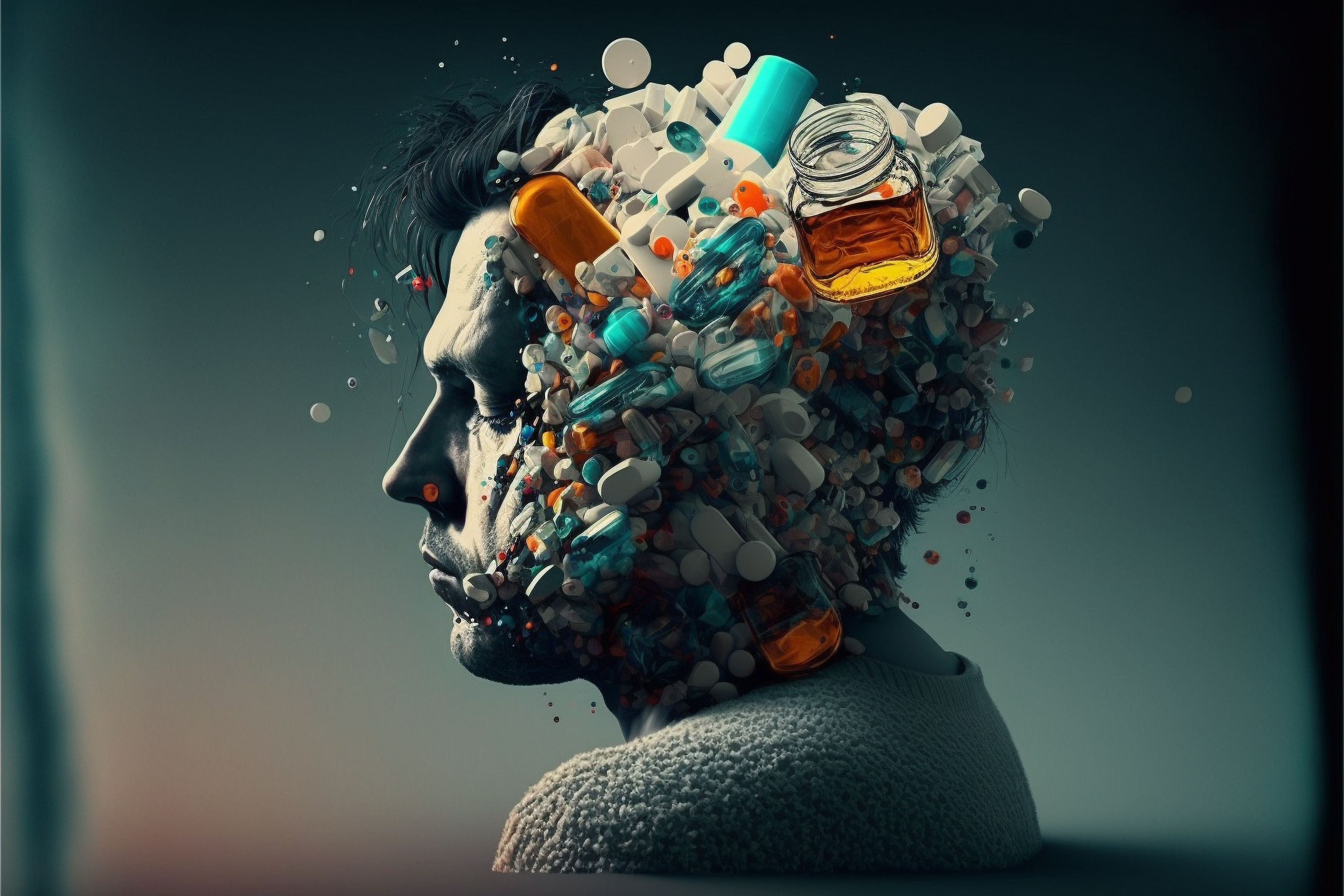Robbing Peter To Pay Paul: Displacing Dependency
Have we gotten so ‘broken’ because of society and all its expectations, oppression, greed, hatred, and judgements? Is it only society that can help us heal the cracks? Since society itself is still broken, how can it?
We depend less on others—what I call relational dependency—and instead, we bring the onus of healing back to ourselves, the individual. Thus, the healing and wellness industry is born.
We are a planet of people destined, or desperate, to heal. I know this because the global wellness market is the largest economy to date—larger than the pharmaceutical, automotive, tourism, green (environmental), and sports industries. That’s a plus for humanity, am I right?
No.
I mean it—am I?
I have nothing against the healing and wellness industry—and its teachers—per se. I’ve been a consumer of it for over a decade. Its intention is for the greater good of humanity, isn’t it? Not all multi-trillion dollar economies are evil, right? At $6.3 trillion, I’m beginning to wonder what we are all clamouring for. Have we commercialised and monetised a deeply personal process that should remain just that—personal? And not only that, have we replaced relational dependency with a dependency on healing?
The patterns of dependency can be insidious. Allow me to illustrate this with a story.
The Subtle And Illusory Nature Of Dependency
Rebecca’s Story
It’s Saturday night. We feel the bass in our chest as we dance with our friends. One of them motions for us to follow; we both enter the bathroom cubicle and lock the door. They pull out a bag and hand us a pill. They tell us it’ll help us get past the pain and expand our mind and soul. We are desperate for connection—anything that’ll ease the void and help us feel more like us. It doesn’t disappoint. It’s the most peace we’ve felt in years.
A couple of days later we’re back in the painful void. We’re single but looking; we grab our bag and reach for our phone. We see a bag containing a single pill. A few days later we get the number of the dealer from our friend. We try other pills—each with their own sense of being ok. Frank, our dealer friend, sends a message telling us he has something new for us to try. We’re flat broke. We trade something we didn’t want to give—nothing the pills can’t fix.
We feel broken. Defective. Wrong. Bad. Different. Disconnected. Alone.
Jamie’s Story
It’s 5 a.m., and we are woken by our alarm. We reach for our book on how to be different; how to heal this or that defective aspect of who we are. We get glimpses of peace, joy, and connection within the healing community we are part of. What we feel, though momentary, is enough to spur us on to the next thing. And the next. Until healing becomes who we are.
We bury ourselves in retreats, apps, books, alternative medicines and courses. Maybe this new course is the missing piece of my wellness puzzle? The one that’ll help me feel—better? Our membership for the healing community is due. We’re flat broke. With our new awareness, we begin to notice anxiety build—we congratulate ourselves for this; it wasn’t that long ago it would have gone unnoticed. We tighten the food budget to cover the subscription; what are a few skipped meals? At least we’re still on track to heal.
Can the same patterns that once attached to people reattach to structures, coaches, or communities that represent growth, safety, and progress?
Getting Clean: Stepping Off The Healing Carousel
What if there were no more books, no more courses, no more retreats, no more coaches, no more plant medicine ceremonies—just us. With ourselves. Sober. With our own thoughts and feelings.
Would that mean the end of a dream to feel whole? To feel healed?
What, or who, are we chasing with each rung we climb of the healing ladder?
Can we truly move forward if we can’t fully accept our starting point?
The Extended Model Of Infancy: The Dependency Myth
I know, firsthand, how it feels to want to fix myself because I felt broken. I did not—and do not—fit the mold society needs me to fill. I remember how important the healing and wellness industry was to me in reaching that goal. I, too, felt the pull when faced with leaving certain healing spaces; I felt the dependency fears that resurfaced.
Which makes me wonder: can we ever really leave the stage of infancy where dependency meant survival?
And was I allowing myself to be held—witnessed in my pain without needing to be fixed—or was I being comforted by satisfying the familiar pull of dependency through all the things we do to heal?
Walk with me. Or not. No judgement.
Either way, are you certain your healing journey is clean of any hidden and harmful additives?
